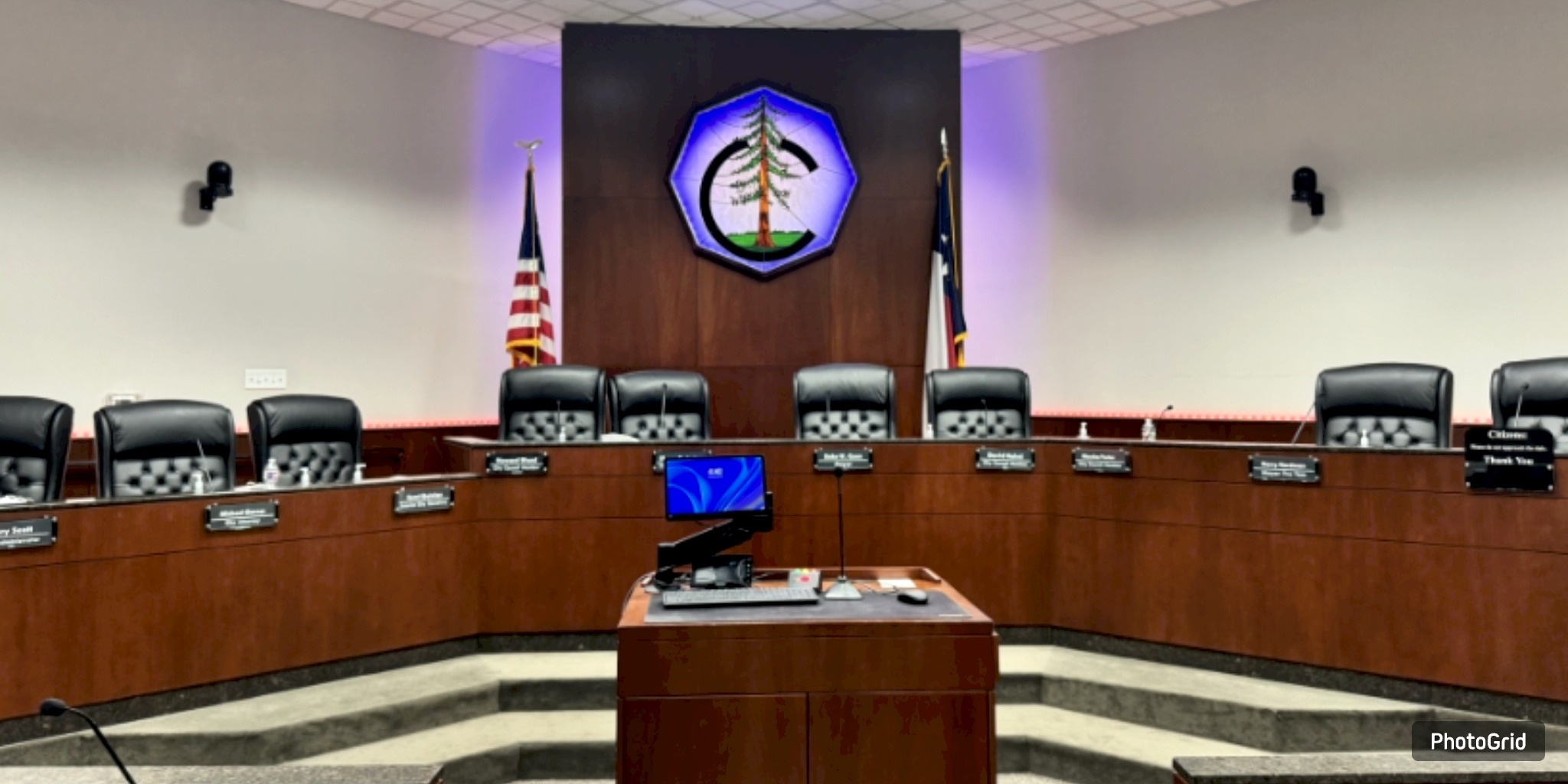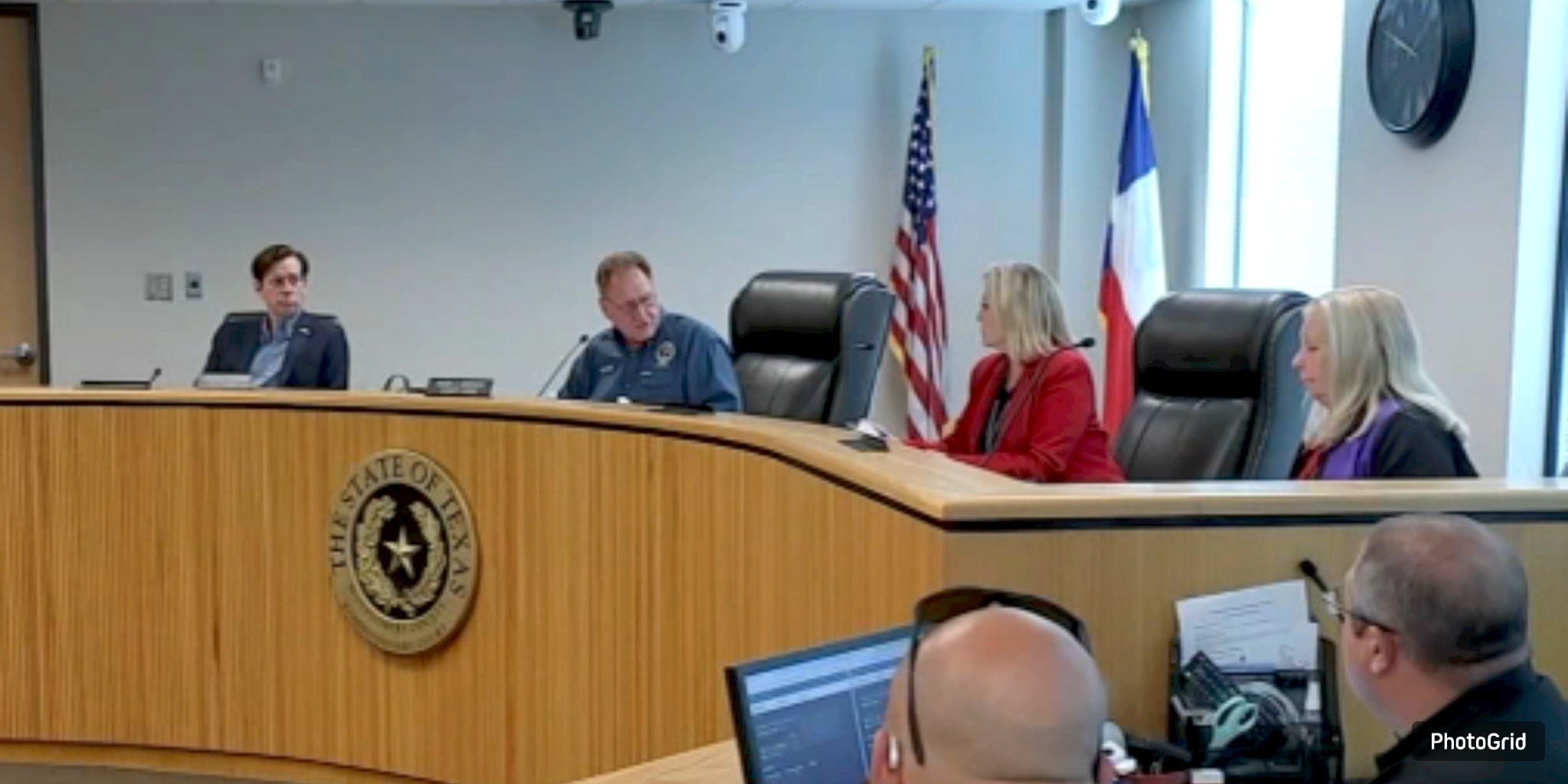The Conroe City Council has approved a $381 million budget for 2026, granting a 6% raise for all city employees but rejecting a 10% pay increase for police officers. The budget also includes a water and sewer fee hike, with new plans to impose developer impact fees by 2027 to offset infrastructure costs.

The Conroe City Council approved a budget of $381 million for 2026, featuring $11 million set aside in contingency funds for future use. The council has concluded its discussions and has chosen not to endorse the suggested 10% salary hike for Conroe Police officers, instead favoring a 6% increase for all city employees.
Mayor Pro Tem Howard Wood stood alone in his opposition to the budget, contending that the suggested salary increase for police officers was essential to achieve pay equity with other regional agencies.
“Addressing the issue of pay parity is crucial, and I cannot endorse this budget until we achieve that,” stated Wood during the council meeting on Thursday.
The tax rate for the city is steady at 42.72 cents for every $100 of property valuation. In a recent discussion, the council explored the possibility of increasing the tax rate to 46.13%, the maximum permissible rate without requiring voter consent, to support the pay increase for police personnel.
The council has voted 3-2 to reject the proposed increase. Council members Harry Hardman and David Hairel opposed the decision to maintain the current tax rate.
Alongside the tax rate, residents will face higher water and sewer fees. There will be a 3.5% increase in residential water fees, while commercial fees will rise by 7.25%. A household consuming 10,000 gallons of water each month will experience an increase in its bill from $145.71 to $149.03. This increase aims to support vital enhancements to city infrastructure, with a particular focus on water and sewer initiatives.
The city is actively pursuing the implementation of developer impact fees by 2027 to help fund these necessary infrastructure upgrades.
In July, the council approved a proposal with Freese and Nichols, an infrastructure consulting firm, to examine how these fees can help mitigate costs. Nonetheless, the timeline has encountered unforeseen setbacks. Once implemented, these fees will alleviate the financial burden on residents while ensuring that new developments support essential infrastructure.
Finance Manager Michael Monteilh highlighted the advantages of excluding specific projects from the city's Capital Improvement Plan, suggesting that funding them through impact fees could lead to reduced expenses for residents.

Montgomery County commissioners reviewed progress on the $480 million 2025 road bond program and postponed a decision on forming several ad hoc committees to assist with budget planning during their Feb. 26 meeting.